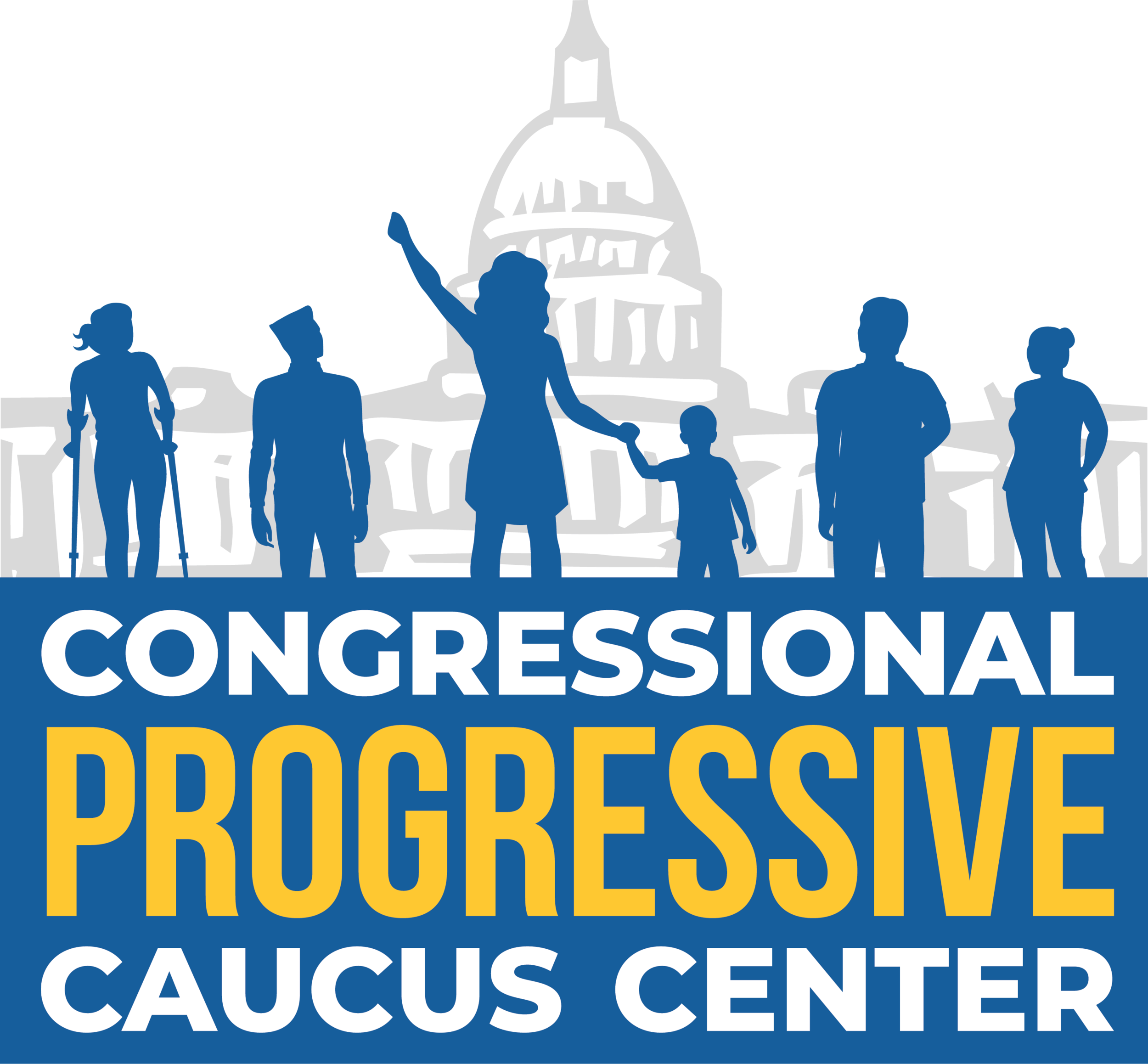Originally published in The Hill, April 13, 2020
Unemployment claims in the past three weeks have totaled nearly 17 million. If businesses keep laying off workers at anywhere near this pace, we could see more than twice as many people unemployed by summer. This would be catastrophic for our communities and our economy.
We shouldn’t be marching toward mass unemployment as if it’s inevitable. We can put a stop to this and other countries have. When the governments of Denmark, the United Kingdom, the Netherlands, France, Germany, and Australia told their businesses to shutter to protect the public health, they quickly set up paycheck protection programs to cover employee salaries at affected businesses. This has allowed workers to stay attached to their jobs and positioned them to quickly return to work when the coronavirus pandemic ends. Congress should follow their lead.
With state and local governments all across the U.S. rightly issuing mass shutdown orders to businesses to protect the public health, Congress must step in to keep people connected to their jobs, and importantly, to their benefits.
In the U.S, most employees get their health insurance through their employers. When people lose their jobs they have to activate expensive COBRA coverage, turn to Medicaid, or enroll in the Affordable Care Act exchange to continue receiving health care. It is undoubtedly true that many people will get lost in this shuffle, and lose their health care at the time they need it most--in the midst of a deadly pandemic.
You might think this problem has already been solved by the Payroll Protection Program for small businesses or the unemployment insurance system. You’d be wrong. The Payroll Protection Program has had a sputtering start, with banks across the country overwhelmed by the volume of applications, and an SBA totally unaccustomed to coordinating a program of this scale. And workers employed by larger firms that are shut down are totally left out.
Importantly, unemployment insurance is available to laid-off and furloughed workers and the expanded benefits Congress passed in the CARES Act will be a lifeline for many. But shedding as much as 30 percent of the labor force is simply inadvisable. If rehiring is slow, our economic recovery will be too.
The government should spend to keep people in their jobs. This will also result in savings to taxpayers, because the need for other forms of assistance will be reduced as fewer people lose their jobs and fall into poverty.
Moreover, if businesses that have been ordered to shut down face the risk of folding because they can’t pay their employees, they are far more likely to reopen before it’s safe. Government should not force businesses to make a Hobson’s choice between laying off their workers and opening up too soon.
Into this morass, steps Rep. Pramila Jayapal’s (D-Wash.) Paycheck Guarantee Act, which she announced on Friday. The Paycheck Guarantee Act sets up a simple system that would allow employers affected by a COVID-19 related total or partial shutdown to apply to the Treasury Department for a three-month lump sum payment to cover, in whole or in part, their employees’ wages, up to $100,000 per employee, and benefits, plus rent, utilities and health insurance. The program would be automatically extended monthly until consumer demand returns to close to pre-COVID-19 levels.
The funds received are in the form of a grant, and immediately disbursed from the Treasury which can easily compare employers’ sworn attestations about their employees’ salaries against IRS payroll tax data submitted by those same employers. Employers can use these funds to cover paychecks for their existing workforce and to pull employees back onto the payroll who have been furloughed during the pandemic. This is far more streamlined than the Payroll Protection Program process. Overpayments can be readily identified on the back end and clawed back by the IRS audit division.
At the moment, our economy is in freefall, but this is not the fault of the businesses that are shuttering or their employees. And it can be stabilized. That’s why this idea has broad support from policymakers, business owners, unions, and economists, including both progressives and conservatives.
Our Main Streets are already boarded up. They may soon be unrecognizable unless Congress acts fast. It is not too late to reverse course. Until we have a vaccine, social distancing protocols and shutdown orders will likely continue in many places. We need a system in place to stop the bleeding, but we also need to look toward the future. Jayapal’s Paycheck Guarantee Act will give us a running start.
Liz Watson is the executive director of the Congressional Progressive Caucus Center.
